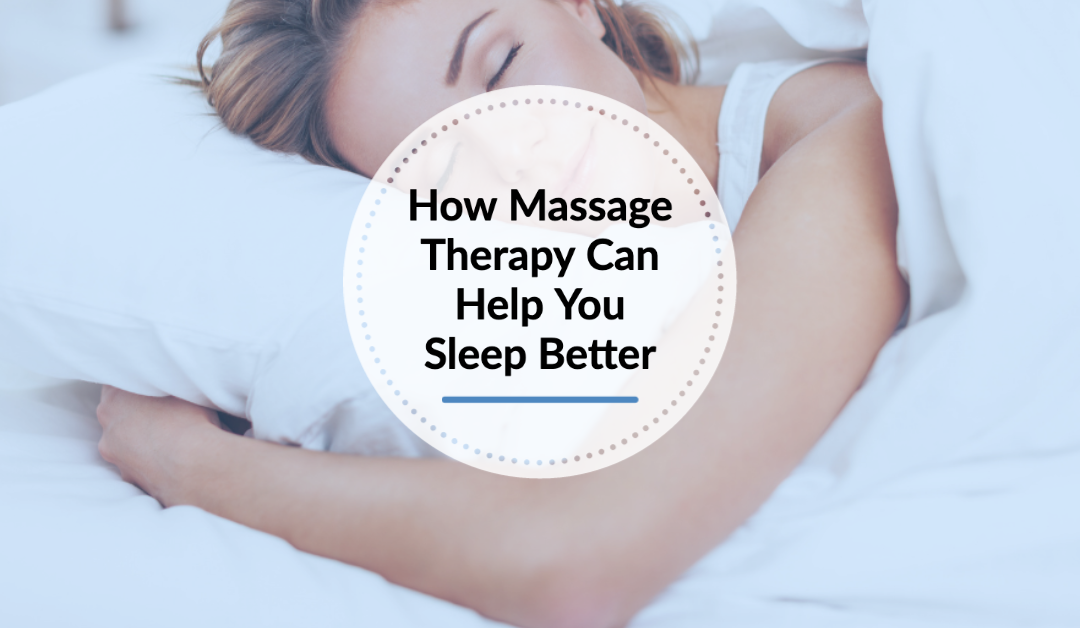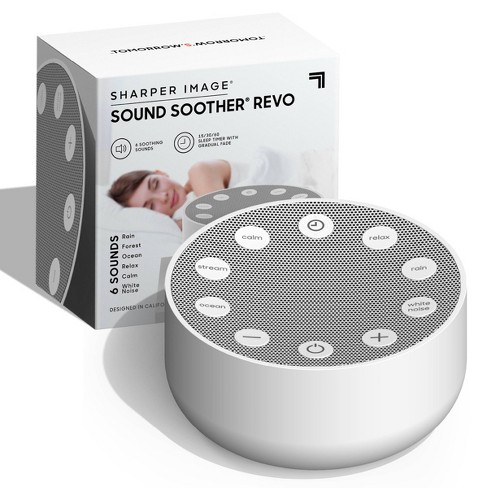Experienced Insomnia Specialist - Personalized Take Care Of Better Sleep
Experienced Insomnia Specialist - Personalized Take Care Of Better Sleep
Blog Article
Reliable Treatment Solutions for Taking Care Of Sleep Disorders and Enhancing Restful Rest
In the realm of healthcare, the administration of rest disorders and the pursuit for restful rest are pivotal components of general health. As we navigate the complex landscape of rest disorders and seek to improve our sleep experience, a much deeper understanding of these treatment services might hold the trick to unlocking an extra refreshing and satisfying restorative journey.
Cognitive Behavior Therapy for Insomnia (CBT-I)
Cognitive Behavioral Therapy for Insomnia (CBT-I) is a structured, evidence-based treatment method that concentrates on attending to the hidden aspects contributing to rest disruptions. This kind of treatment intends to customize habits and ideas that aggravate sleeping disorders, inevitably advertising healthy and balanced rest patterns. CBT-I typically involves a number of essential components, consisting of cognitive therapy, sleep constraint, stimulus control, and sleep health education and learning.
Cognitive therapy helps people identify and change unfavorable idea patterns and ideas about rest that may be impeding their capability to drop or remain asleep. Rest restriction entails restricting the amount of time invested in bed to match the person's real sleep duration, therefore boosting sleep efficiency (sleep improvement therapy). Stimulation control methods help establish a strong organization between the bed and sleep by urging people to visit bed only when drowsy and to avoid involving in boosting tasks in bed
Moreover, sleep health education concentrates on creating healthy sleep habits, such as keeping a constant rest timetable, producing a relaxing going to bed regimen, and enhancing the sleep atmosphere. By addressing these factors adequately, CBT-I provides a reliable non-pharmacological treatment for managing sleep problems and boosting total sleep top quality.
Sleep Hygiene Practices
Having actually established the foundation of cognitive restructuring and behavioral adjustments in attending to sleeping disorders via Cognitive Behavioral Treatment for Sleep Problems (CBT-I), the emphasis currently moves towards discovering vital Rest Hygiene Practices for preserving optimum sleep top quality and overall health.
Rest hygiene practices include a series of behaviors and ecological factors that can dramatically impact one's capability to drop off to sleep and stay asleep throughout the evening. Consistent rest and wake times, developing a relaxing bedtime routine, and maximizing the sleep atmosphere by keeping it dark, silent, and cool are crucial elements of great rest hygiene. Limiting exposure to screens before going to bed, preventing energizers like high levels of caffeine near bedtime, and participating in routine physical activity throughout the day can also promote much better rest quality.
In addition, practicing leisure methods such as deep breathing exercises or meditation before bed can help calm the mind and prepare the body for rest. By including these rest health practices into one's day-to-day routine, individuals can develop a healthy rest pattern that supports relaxing rest and overall well-being.
Leisure Methods and Mindfulness
Applying relaxation techniques and mindfulness techniques can play a crucial duty in promoting a sense of tranquility and advertising quality rest. insomnia solutions. These methods aim to silent the mind, minimize tension, and produce an ideal setting for relaxing rest. One extensively exercised approach is deep breathing exercises, where people concentrate on slow-moving, deep breaths to kick back the mind and body. Dynamic muscle mass leisure involves tensing and afterwards releasing each muscle mass team, promoting physical relaxation. In addition, directed images can aid transfer people to a why not find out more serene area in their minds, aiding in stress decrease and boosting rest quality.
By integrating these methods into a going to bed regimen, individuals can indicate to their bodies that it is time to prepare and unwind for rest. Overall, incorporating relaxation techniques and mindfulness practices can considerably contribute to managing sleep disorders and boosting general sleep quality.

Medication Options for Sleep Disorders
After discovering relaxation strategies and mindfulness techniques as non-pharmacological treatments for improving rest top quality, it is necessary to consider medicine alternatives for individuals with sleep conditions. In instances where way of life modifications and treatment do not give adequate alleviation, medicine can be a beneficial device in handling rest disruptions.
Typically prescribed drugs for sleep problems consist of benzodiazepines, non-benzodiazepine hypnotics, antidepressants, and melatonin receptor agonists. Antidepressants, such as trazodone, can be beneficial for individuals with co-occurring depression and rest disturbances - sleep therapy.
It is critical for individuals to speak with a medical care service provider to identify one of the most proper medicine option based upon their his response details sleep problem and clinical history.
Light Treatment for Circadian Rhythm Law
Light treatment, likewise referred to as photo-therapy, is a non-invasive treatment approach utilized to regulate circadian rhythms and boost sleep-wake cycles. This therapy entails direct exposure to brilliant light that mimics natural sunlight, which assists to reset the body's body clock. By exposing individuals to details wavelengths of light, typically in the morning or night relying on the preferred result, light therapy can efficiently change the body clock to promote wakefulness throughout the day and improve relaxed sleep at evening.
Study has shown that light therapy can be especially advantageous for individuals with body clock conditions, such as postponed rest stage disorder or jet lag. It can also be practical for those experiencing seasonal depression (SAD), a sort of clinical depression that normally takes place throughout the cold weather when all-natural light direct exposure is decreased. Light therapy is typically well-tolerated and can be used in combination with various other therapy techniques for sleep conditions to enhance results and boost total rest top quality.
Verdict
To conclude, efficient therapy services for handling rest conditions and improving relaxed sleep include Cognitive Behavior modification for Sleep Problems (CBT-I), rest health techniques, leisure methods and mindfulness, drug options, and light treatment for body clock law. These methods can aid individuals improve their rest top quality and total health. It is very important to seek advice from a healthcare service provider to determine one of the most suitable technique for dealing with sleep problems.
As we navigate the elaborate landscape of rest conditions and look for to improve our sleep experience, a much deeper understanding of these treatment options may hold the secret to unlocking an extra rejuvenating and fulfilling corrective journey.
Sleep constraint includes limiting the quantity More about the author of time spent in bed to match the individual's actual sleep period, thus boosting sleep effectiveness. Consistent sleep and wake times, creating a relaxing going to bed routine, and maximizing the sleep atmosphere by maintaining it dark, peaceful, and cool are important components of excellent sleep hygiene. Light therapy is normally well-tolerated and can be utilized in combination with other therapy techniques for sleep problems to optimize results and boost total sleep top quality.

Report this page